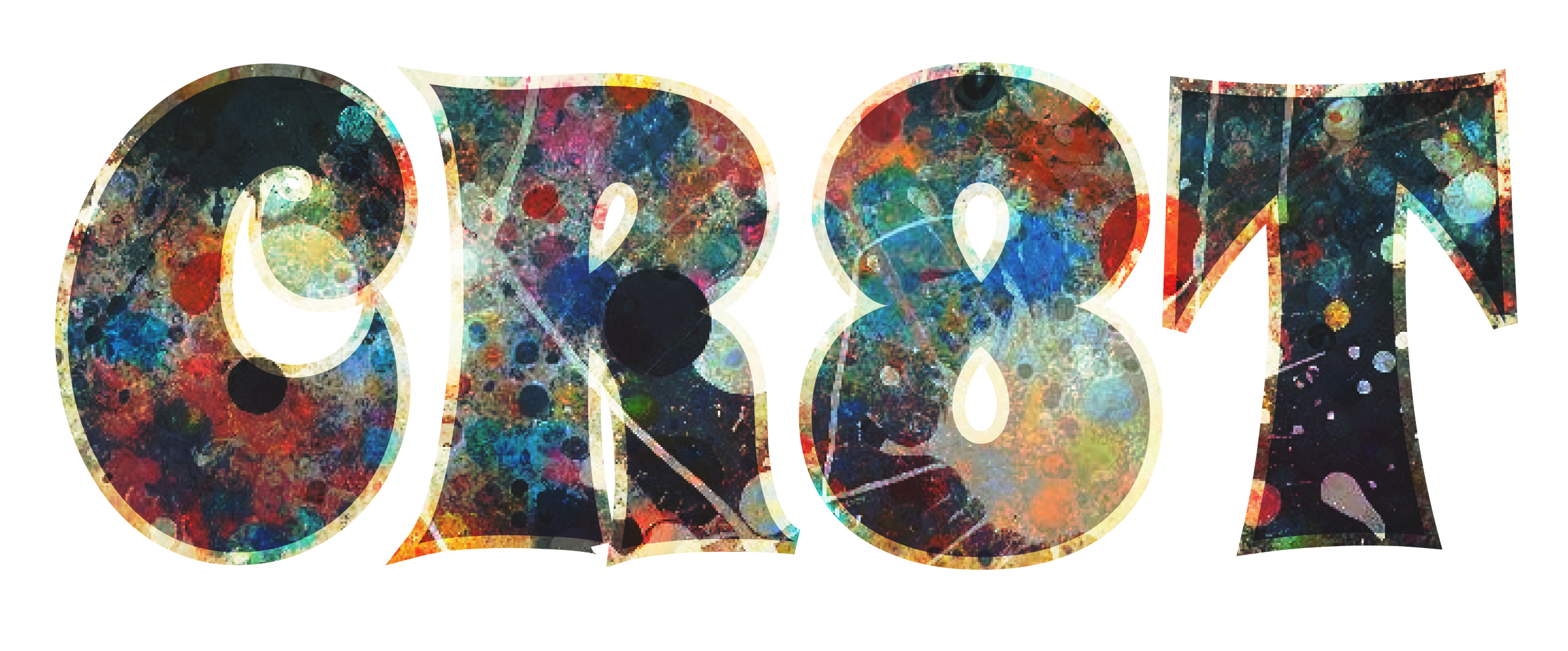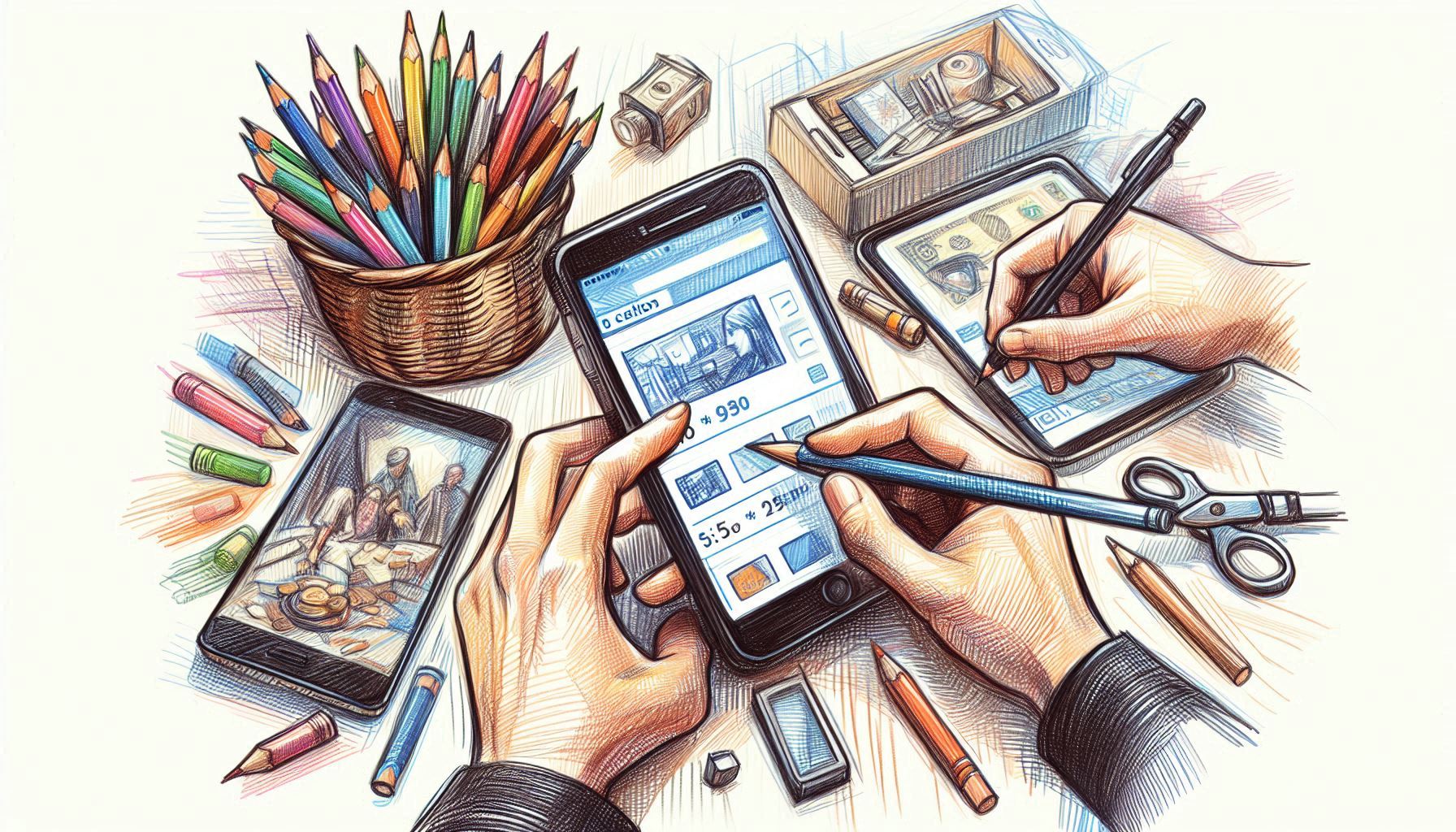Table of contents
- Exploring the Debate: Can Artificial Intelligence Replace Human Creativity?
- The Future of Creativity: AI’s Role in Innovation and Artistic Expression
- AI vs. Human Creativity: Unpacking the Potential Impacts on Industries
- Challenging Conventions: Can Artificial Intelligence Truly Inspire Creativity?
- Breaking Boundaries: How AI is Shaping the Creative Landscape
- The Art of Creation: Can Machines Compete with Human Imagination?
- Embracing the Unknown: Navigating the Intersection of AI and Creativity
Exploring the Debate: Can Artificial Intelligence Replace Human Creativity?
Exploring the Debate: Can Artificial Intelligence Replace Human Creativity?
In today’s rapidly advancing technological landscape, the question of whether artificial intelligence can replace human creativity is a topic of much debate. While AI has made significant strides in various fields, such as creating art, music, and even writing articles, the essence of human creativity is a complex and intricate process that involves emotions, experiences, and abstract thinking. Here are some key points to consider in this ongoing debate:
– AI can analyze vast amounts of data and patterns to generate creative outputs, but it lacks the emotional depth and personal touch that humans bring to their creative endeavors.
– Human creativity is fueled by imagination, intuition, and the ability to think outside the box, qualities that are uniquely human and not easily replicated by artificial intelligence.
– While AI can mimic certain aspects of creativity, it is limited by its programming and algorithms, which may restrict its ability to truly innovate and create something groundbreaking.
In conclusion, while AI has the potential to assist and enhance human creativity, it is unlikely to completely replace the inherent creativity and ingenuity that humans possess. The collaboration between AI and human creativity may lead to exciting new possibilities and innovations, but the essence of human creativity remains a vital and irreplaceable aspect of our society.
The Future of Creativity: AI’s Role in Innovation and Artistic Expression
The debate surrounding whether AI can replace human creativity continues to spark discussions among experts in the fields of innovation and artistic expression. While AI technology has made significant advancements in recent years, many believe that there are certain aspects of creativity that are uniquely human and cannot be replicated by machines. However, there is also a growing number of individuals who see the potential for AI to enhance and even revolutionize the creative process.
One of the key arguments in favor of AI’s role in creativity is its ability to analyze vast amounts of data and generate insights that may not have been possible for humans to discover on their own. AI algorithms can process information at an incredible speed and identify patterns that can lead to innovative ideas in various fields, from music composition to product design. Additionally, AI tools can assist artists and designers in exploring new possibilities and pushing the boundaries of their craft.
While AI may never fully replace human creativity, it has the potential to complement and augment the creative process in ways that were previously unimaginable. By harnessing the power of AI technology, creators can unlock new levels of innovation and artistic expression, leading to a future where humans and machines work together to push the boundaries of what is possible in the creative realm.
AI vs. Human Creativity: Unpacking the Potential Impacts on Industries
As artificial intelligence continues to advance at a rapid pace, the question of whether AI can replace human creativity is becoming more prevalent in various industries. While AI has shown remarkable abilities in performing tasks traditionally associated with human creativity, such as generating art, music, and writing, the potential impacts of this technology on industries are still being debated.
One major concern is the potential displacement of human workers by AI in creative fields. As AI algorithms become more sophisticated and capable of producing high-quality content, there is a fear that human creatives may be replaced by machines. This could have significant implications for industries such as advertising, design, and content creation, where human creativity has long been valued.
On the other hand, some experts argue that AI has the potential to enhance human creativity rather than replace it completely. By automating mundane tasks and providing valuable insights and suggestions, AI can free up human creatives to focus on more complex and innovative projects. This symbiotic relationship between AI and human creativity could lead to a new era of collaboration and innovation in various industries.
In conclusion, while the debate over whether AI can replace human creativity is ongoing, it is clear that this technology has the potential to significantly impact industries that rely on creativity. By understanding the strengths and limitations of AI, businesses can harness the power of this technology to enhance human creativity and drive innovation forward. The key may lie in finding the right balance between AI and human input to unlock the full potential of both.
Challenging Conventions: Can Artificial Intelligence Truly Inspire Creativity?
In a world driven by technology, the question of whether artificial intelligence (AI) can replace human creativity is a thought-provoking one. While AI has certainly made advancements in various fields, the realm of creativity has long been considered a uniquely human trait. However, with the rise of AI-generated art, music, and writing, it begs the question: can machines truly inspire creativity?
AI has the ability to analyze vast amounts of data and generate content based on patterns and algorithms. This can lead to impressive creations that mimic human creativity, but can it truly inspire originality and innovation? While AI can produce work that is technically sound, there is an undeniable element of soul and emotion that is often lacking in machine-generated content.
One argument in favor of AI replacing human creativity is its efficiency and ability to generate content at a rapid pace. AI can churn out countless pieces of work in a short amount of time, which can be beneficial for industries such as marketing and content creation. However, the question remains whether this volume of work can truly capture the essence of human creativity.
In conclusion, while AI has made significant strides in mimicking human creativity, the question of whether it can truly inspire originality and innovation remains unanswered. While AI can certainly aid in the creative process, there is a certain magic and uniqueness that human creativity brings to the table. As technology continues to evolve, it will be interesting to see how the relationship between AI and human creativity develops in the future.
Breaking Boundaries: How AI is Shaping the Creative Landscape
Artificial intelligence (AI) has been making waves in the creative world, challenging the traditional boundaries of human creativity. With advancements in technology, AI is shaping the creative landscape in ways we never imagined possible. From generating music compositions to designing visual artworks, AI is revolutionizing the way we approach creativity.
AI is breaking boundaries by pushing the limits of what we thought was achievable by machines. It is expanding the possibilities of creativity, opening up new avenues for innovation and exploration. AI-powered tools are assisting artists and creators in producing unique and original content, sparking new ideas and pushing the boundaries of what we thought was possible.
One of the most intriguing aspects of AI in the creative landscape is its ability to learn and adapt. AI algorithms can analyze vast amounts of data and identify patterns, trends, and preferences. This enables AI to create content that resonates with audiences on a deeper level, tapping into emotions and sparking inspiration. AI is not just mimicking human creativity; it is enhancing it in ways that were previously unimaginable.
As we continue to witness the impact of AI on the creative landscape, one thing is clear – AI is not replacing human creativity. Instead, it is complementing and augmenting it, pushing us to new heights of innovation and imagination. The future of creativity is a collaboration between humans and machines, with AI playing a crucial role in shaping the landscape of creativity for years to come.
The Art of Creation: Can Machines Compete with Human Imagination?
The age-old question of whether machines can replace human creativity has been a topic of much debate in recent years. While AI technology has advanced significantly, the art of creation still remains a uniquely human trait. Machines may be able to analyze data, mimic patterns, and generate content, but they lack the depth of emotion, intuition, and originality that comes from the human imagination.
AI technology has certainly made strides in the creative realm, with algorithms capable of composing music, writing poetry, and even creating artwork. However, these creations often lack the soul, passion, and personal touch that human creativity brings. There is an intangible quality to human artistry that cannot be replicated by machines, no matter how advanced they become.
Human creativity is not just about producing content; it’s about telling stories, expressing emotions, and connecting with others on a deeper level. While AI can assist in the creative process by providing data-driven insights and generating ideas, it cannot replace the human touch that makes art and innovation truly meaningful. At the end of the day, the art of creation is a deeply human experience that cannot be replicated by machines.
Embracing the Unknown: Navigating the Intersection of AI and Creativity
In a world where technology continues to advance at a rapid pace, the question of whether AI can replace human creativity is a topic of much debate. The intersection of artificial intelligence and creativity poses both exciting opportunities and challenging uncertainties. As we navigate this uncharted territory, it’s important to embrace the unknown and explore the possibilities that AI can offer in enhancing our creative processes.
One of the key aspects to consider is how AI can complement human creativity rather than replace it. While AI has the ability to analyze vast amounts of data and generate new ideas, it lacks the emotional intelligence and intuition that humans bring to the creative process. By embracing AI as a tool to enhance our creativity, we can leverage its capabilities to streamline workflows, generate new insights, and push the boundaries of what is possible.
At the same time, it’s crucial to acknowledge the limitations of AI when it comes to creativity. While AI can mimic certain aspects of human creativity, such as generating music or art, it often lacks the depth and complexity that comes from human experience and emotion. As we continue to explore the intersection of AI and creativity, it’s important to strike a balance between leveraging the capabilities of AI and preserving the unique qualities that make human creativity so special.
Frequently Asked Question
Can AI truly replace human creativity?
While AI has shown great potential in aiding creative processes, it is unlikely to completely replace human creativity. Artificial intelligence lacks the emotional intelligence and unique perspectives that humans bring to the creative table. AI can assist in generating ideas and streamlining processes, but the spark of true creativity is still a distinctly human trait.
How is AI currently impacting creative industries?
AI is revolutionizing creative industries by automating tasks, analyzing data, and providing insights that can enhance creative projects. Machine learning algorithms are being used in music composition, graphic design, and even storytelling. While AI can complement human creativity, it is not yet capable of fully replacing the imaginative and emotional aspects that humans bring to the creative process.
What are the limitations of AI in replacing human creativity?
One of the main limitations of AI in replacing human creativity is its inability to truly understand emotions, cultural nuances, and personal experiences that shape creative works. Artificial intelligence operates based on data and patterns, which can sometimes lead to predictable or formulaic outcomes. While AI can be a powerful tool for creative professionals, it is unlikely to ever completely replace the depth and complexity of human creativity.

